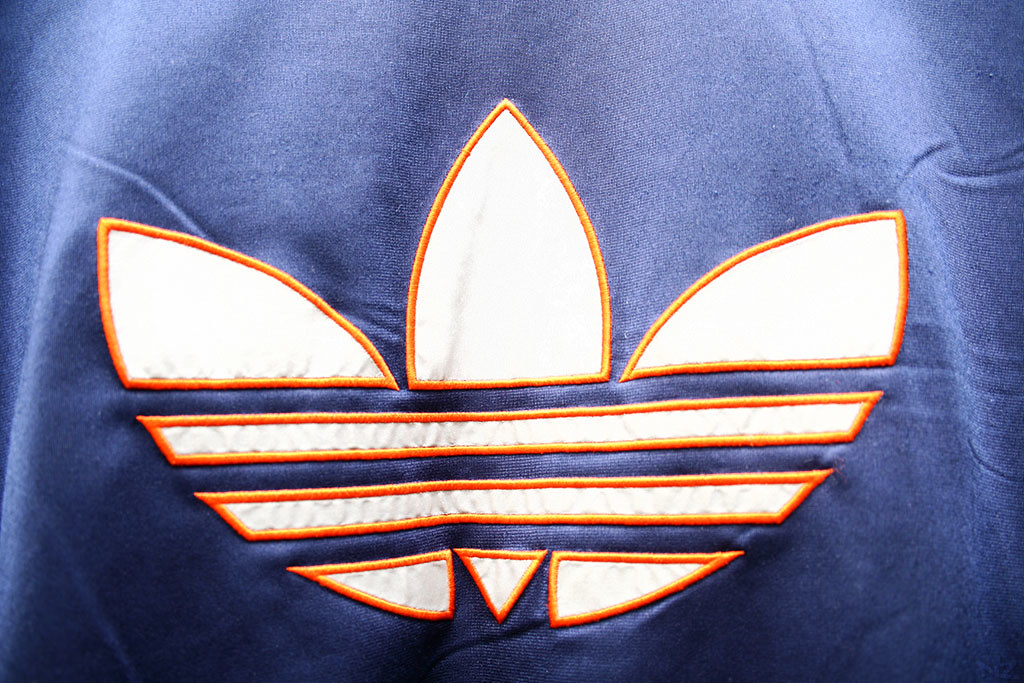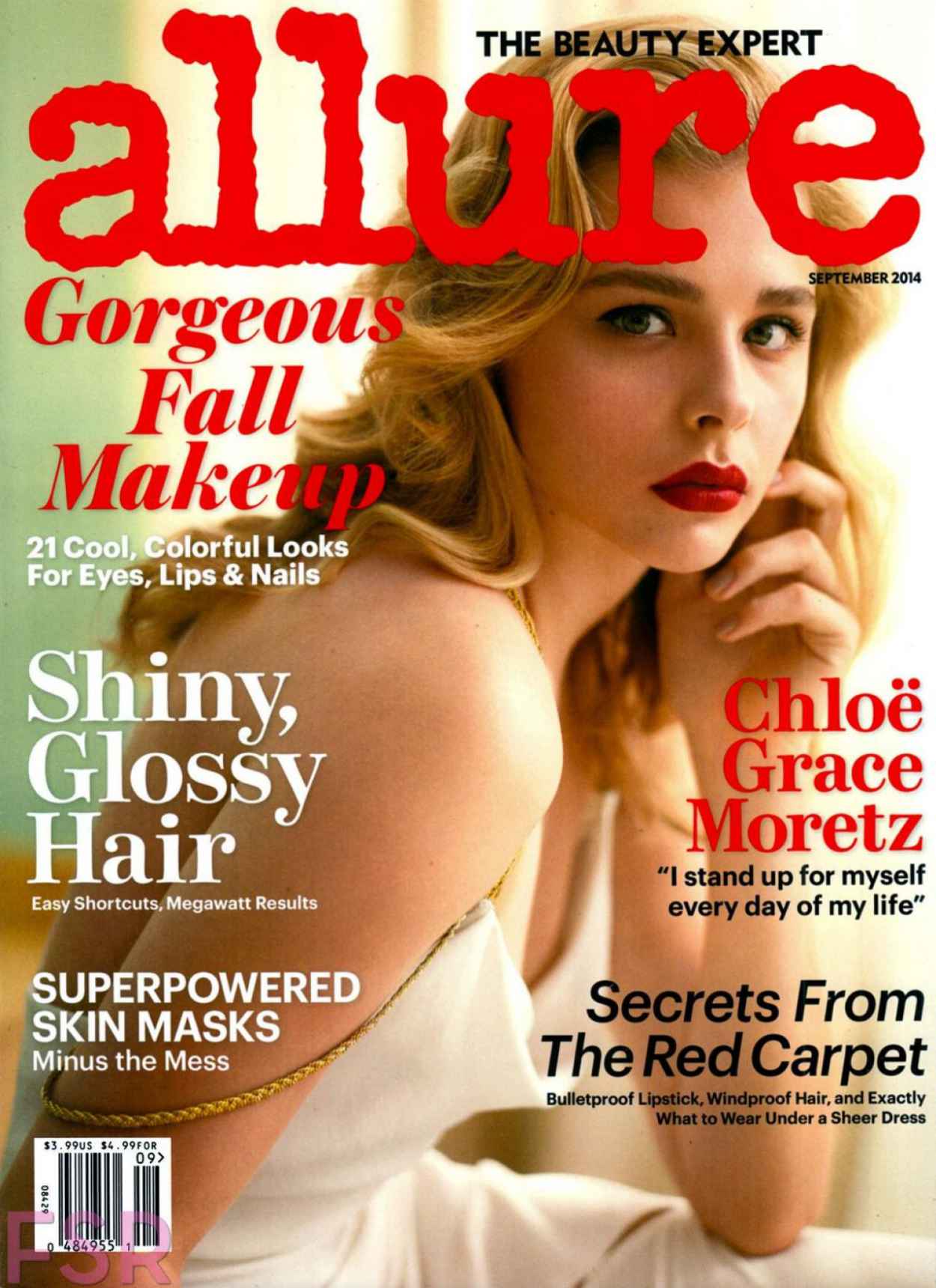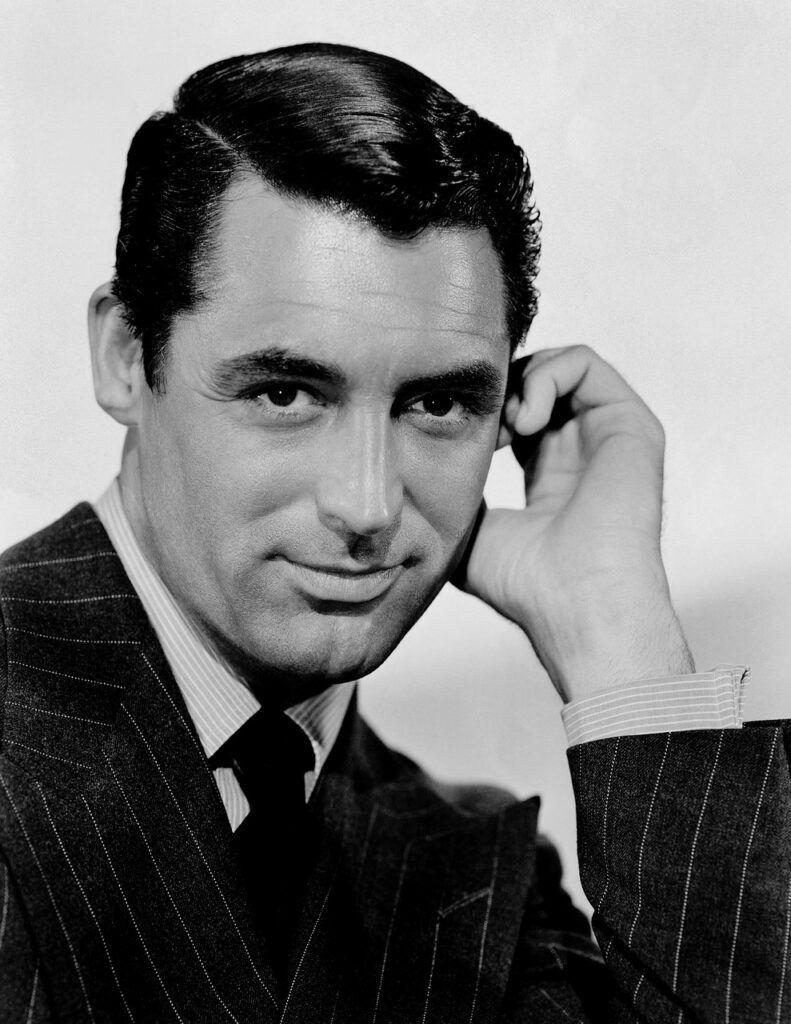The world of celebrity endorsements is a dazzling stage where fame, fortune, and marketing magic intertwine. Brands pour millions into associating their products with public figures, hoping to harness that star power to captivate audiences and boost sales. It’s a high-stakes game where image is everything, and a perfectly aligned partnership can lead to viral success and cultural legend, much like Nike’s historic collaboration with Michael Jordan in 1989.
But for every soaring success, there are cautionary tales, moments when the glittering facade cracks, and multi-million dollar deals vanish in a blink. Today, celebrity power isn’t just amplified; it’s incredibly volatile. A single tweet, a controversial remark, or even a seemingly innocent photo can shift public sentiment in minutes, dragging brands, reputations, and vast sums of money down with them. These aren’t just rare missteps; they’re common cautionary tales illustrating the fragile nature of fame in the digital age.
We’re diving deep into the fascinating, sometimes cringe-worthy, world of failed celebrity endorsements. We’ll explore 14 jaw-dropping instances where stars made headlines for all the wrong reasons, costing them—and their brand partners—millions. Get ready to unpack why these partnerships went horribly wrong, what they cost, and the invaluable lessons brands (and celebrities) are still learning from these PR disasters.
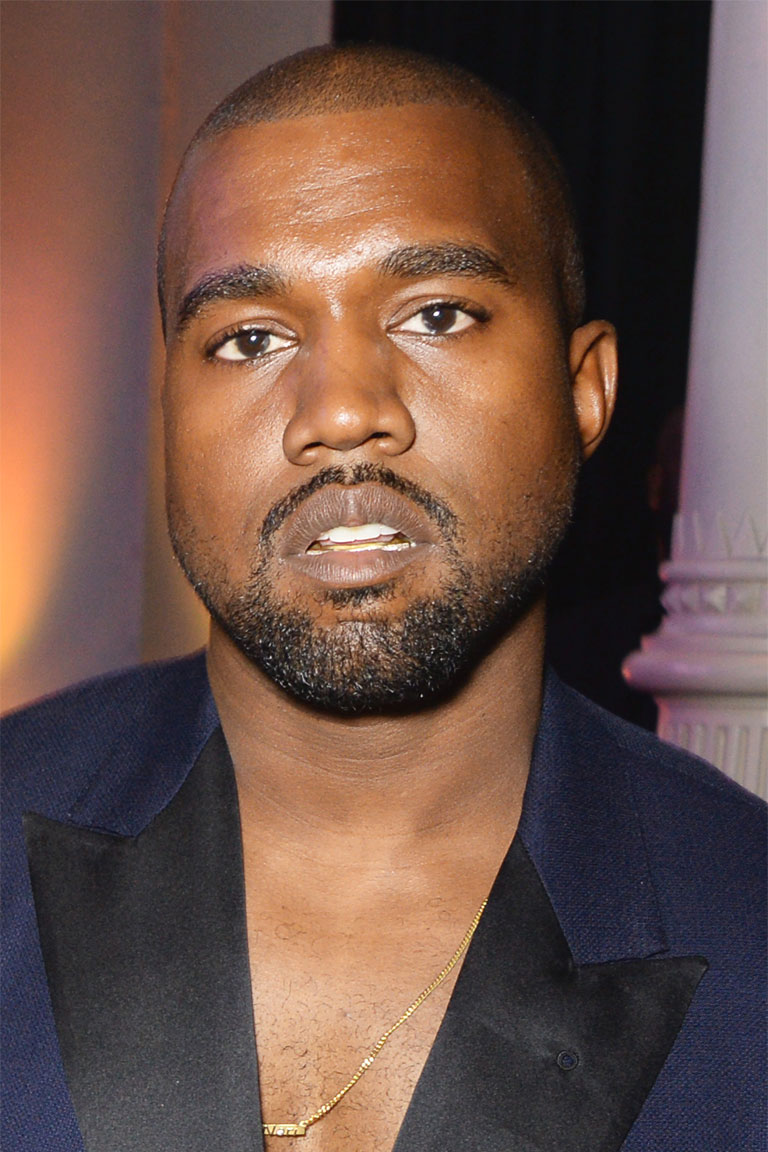
1. **Kanye West and Adidas: When Hate Speech Trumps Billions**Kanye West, or Ye, had built an empire with Adidas through his Yeezy line, a collaboration that was both creatively groundbreaking and immensely profitable. However, in 2022, this multi-billion dollar partnership began to unravel at an alarming speed. It wasn’t a fashion faux pas or a late delivery that sparked the crisis, but a series of disturbing antisemitic remarks made by West on social media and in interviews.
Kanye West, or Ye, had built an empire with Adidas through his Yeezy line, a collaboration that was both creatively groundbreaking and immensely profitable. However, in 2022, this multi-billion dollar partnership began to unravel at an alarming speed. It wasn’t a fashion faux pas or a late delivery that sparked the crisis, but a series of disturbing antisemitic remarks made by West on social media and in interviews.
The backlash was swift and intense. Adidas, a global brand with a commitment to diversity and inclusion, found itself in an untenable position. They couldn’t stand idly by while their prominent partner espoused hateful rhetoric. The company issued a clear, unequivocal statement: “Adidas does not tolerate antisemitism and any other sort of hate speech. Ye’s recent comments and actions have been unacceptable, hateful and dangerous, and they violate the company’s values of diversity and inclusion, mutual respect and fairness.”
The termination of the Yeezy partnership was more than just a business decision; it was a powerful declaration of values. It signaled that even the most lucrative collaborations have their limits when confronted with behavior that deeply contradicts a brand’s ethical foundation. This move, while financially costly for both parties, solidified Adidas’s commitment to its principles.
For Kanye, the fallout was catastrophic, reportedly costing him hundreds of millions of dollars and leading to other fashion houses and media partners, like Balenciaga, Foot Locker, Vogue, and Gap, also severing ties. This dramatic implosion underscored a critical lesson: in today’s hypersensitive social landscape, hate speech has immediate and profound financial consequences, and brands are increasingly willing to sacrifice profits to protect their integrity and social standing.
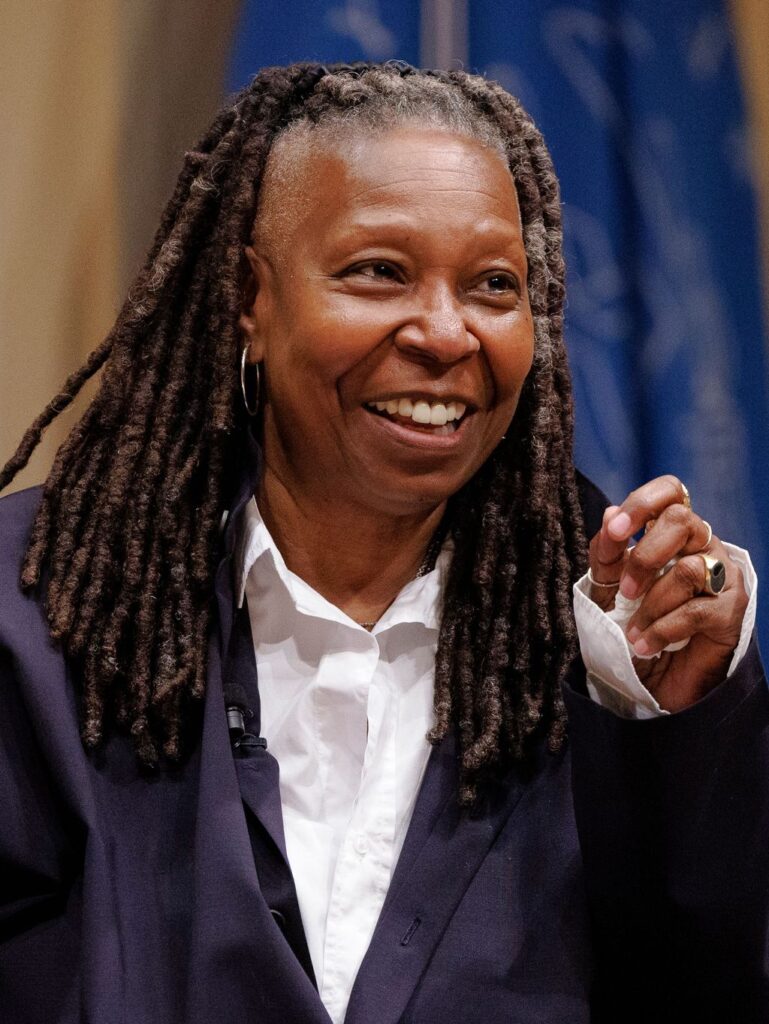
2. **Whoopi Goldberg and SlimFast: A Joke Gone Horribly Wrong**In 2004, the renowned actress and comedian Whoopi Goldberg found herself in hot water, leading to the abrupt termination of her spokesperson role for SlimFast. The incident occurred during a fundraiser in New York for Democratic candidate John Kerry, where Goldberg, known for her outspoken humor, made ually explicit jokes regarding President George Bush’s name.
In 2004, the renowned actress and comedian Whoopi Goldberg found herself in hot water, leading to the abrupt termination of her spokesperson role for SlimFast. The incident occurred during a fundraiser in New York for Democratic candidate John Kerry, where Goldberg, known for her outspoken humor, made ually explicit jokes regarding President George Bush’s name.
While intended as political satire and characteristic of her comedic style, the jokes didn’t land well with everyone, particularly some of SlimFast’s consumers. A brand focused on weight loss and health, SlimFast primarily appealed to a broad, often family-oriented demographic, and such politically charged, explicit humor was deemed inappropriate for their brand image.
The company’s general manager swiftly announced the termination of her contract, stating that some customers were offended by her comments and that her remarks did not align with their values. This decision highlighted the immense pressure brands face to maintain an image that resonates positively with their entire customer base, especially when a spokesperson’s personal expressions veer into controversial territory.
Whoopi Goldberg, standing by her artistic freedom, issued a statement acknowledging the brand’s need to protect its business while asserting her right “as an artist, as a writer and as an American, not to mention as a comic.” Her experience serves as a classic example of the tightrope walk celebrities face, balancing their personal identity and creative expression with the commercial expectations and sensitivities of their endorsement partners.

3. **Tiger Woods and Multiple Brands: The Fall of a Clean-Cut Image**Tiger Woods was, for years, the epitome of a dream endorser. His unparalleled success on the golf course, combined with a seemingly wholesome, family-man image, made him a magnet for major corporations. Brands like Nike, Gillette, Gatorade, AT&T, and Accenture eagerly invested in his global appeal, making him one of the highest-paid athletes off the field.
Tiger Woods was, for years, the epitome of a dream endorser. His unparalleled success on the golf course, combined with a seemingly wholesome, family-man image, made him a magnet for major corporations. Brands like Nike, Gillette, Gatorade, AT&T, and Accenture eagerly invested in his global appeal, making him one of the highest-paid athletes off the field.
This carefully curated image spectacularly collapsed in late 2009 with public revelations of numerous extramarital affairs. The scandal quickly dominated headlines, transforming the once-unassailable sports hero into a figure of public scorn. His personal life became a media circus, culminating in his divorce from Elin Nordegren in 2010.
The corporate response was swift and brutal. While Nike, in a controversial move, chose to stand by him, other major partners didn’t hesitate. Gatorade, AT&T, and Accenture quickly announced the termination of their lucrative deals. Gillette, a brand built on trust and a clean image, also dropped him amidst the storm of negative publicity, citing that his actions tarnished his public image beyond repair for their purposes.
The financial fallout for Woods was staggering, with reports indicating a loss of approximately $22 million in annual endorsement revenue. Accenture famously removed all traces of Woods from their marketing materials and website within days of the scandal breaking. This seismic event demonstrated the profound fragility of celebrity endorsements, proving that personal conduct, especially when it contradicts a meticulously built public persona, can obliterate brand equity and erode consumer trust in an instant. It was a stark reminder that in the world of marketing, character often matters as much as charisma.
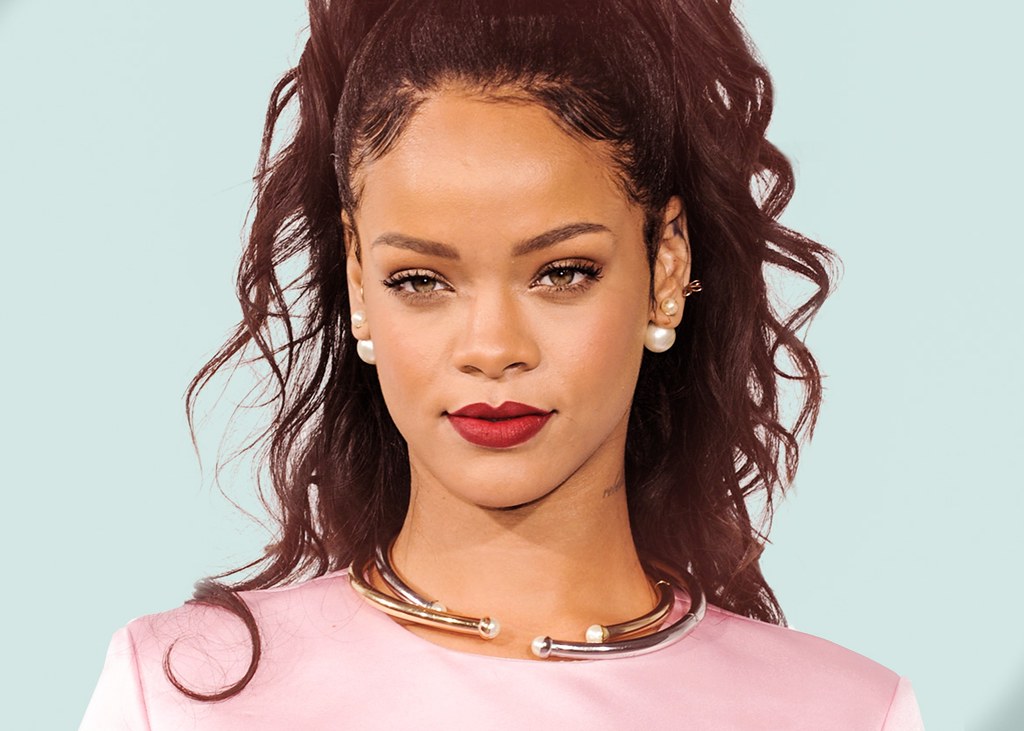
4. **Rihanna and Nivea: When Image Just Doesn’t Sync Up**In 2012, global pop superstar Rihanna, known for her chart-topping music and fiercely independent style, found herself at the center of an unexpected brand controversy with skincare giant Nivea. She had been the face of the brand’s 100th-anniversary campaign, a partnership that initially seemed to leverage her immense popularity.
In 2012, global pop superstar Rihanna, known for her chart-topping music and fiercely independent style, found herself at the center of an unexpected brand controversy with skincare giant Nivea. She had been the face of the brand’s 100th-anniversary campaign, a partnership that initially seemed to leverage her immense popularity.
However, the brand’s new CEO, Stefan Heidenreich, quickly expressed his strong disapproval of Rihanna’s increasingly “raunchy image.” He publicly stated to a German newspaper, “Rihanna is a no go. I do not understand how to bring the core brand of Nivea in conjunction with Rihanna.” His comments highlighted a fundamental disconnect between the artist’s evolving public persona and Nivea’s deeply ingrained brand identity.
Nivea has long cultivated an image of trustworthiness, dependability, and wholesome care, appealing to a broad demographic seeking gentle and reliable skincare solutions. Rihanna’s provocative music videos, daring fashion choices, and outspoken social media presence, while popular, were perceived as diametrically opposed to these traditional brand values. It wasn’t about a specific scandal, but a general misalignment.
The decision to remove Rihanna as the face of Nivea underscored a crucial aspect of successful celebrity endorsements: the importance of a genuine, long-term brand-celebrity fit that extends beyond mere popularity. This incident taught that even without a “gaffe,” a celebrity’s overall public image must authentically resonate with and reinforce the brand’s core message, otherwise, the partnership risks dilution or, worse, contradiction of the brand’s identity.

5. **Johnny Depp and Disney: Pirates, Allegations, and Lost Treasure**Johnny Depp’s portrayal of Captain Jack Sparrow in Disney’s ‘Pirates of the Caribbean’ franchise was iconic, transforming him into a beloved, albeit quirky, global superstar and cementing the series as a multi-billion-dollar juggernaut. However, this lucrative association sailed into troubled waters following serious allegations of domestic abuse made by his ex-wife, Amber Heard.
Johnny Depp’s portrayal of Captain Jack Sparrow in Disney’s ‘Pirates of the Caribbean’ franchise was iconic, transforming him into a beloved, albeit quirky, global superstar and cementing the series as a multi-billion-dollar juggernaut. However, this lucrative association sailed into troubled waters following serious allegations of domestic abuse made by his ex-wife, Amber Heard.
The allegations, particularly those detailed in Heard’s Washington Post op-ed, created a massive public relations nightmare. While legal battles and public discourse surrounding the accusations were complex and protracted, the immediate impact on Depp’s professional life was clear. Brands and studios began to distance themselves, unwilling to risk association with such grave claims.
For Disney, a company built on family entertainment and wholesome narratives, the allegations against one of their biggest stars presented an undeniable challenge. Despite Depp’s immense popularity in the role, the studio ultimately made the difficult decision to remove him from future ‘Pirates of the Caribbean’ films. This move reflected a corporate imperative to protect its brand image and maintain consumer trust, particularly among families.
While Depp later achieved a significant legal victory in his defamation suit against Heard, the initial allegations and the subsequent public saga caused immense damage to his career and reputation. The Disney termination alone represented a loss of millions in potential earnings and a severe blow to his Hollywood standing, illustrating that even long-standing, successful partnerships can be swiftly dismantled when a star’s personal life severely impacts public perception.
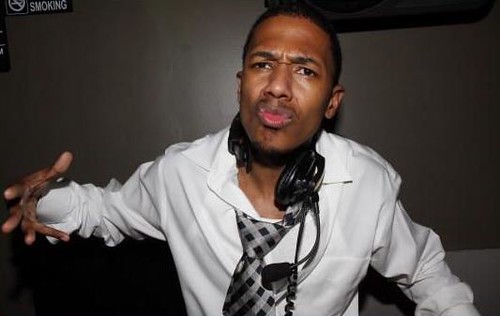
6. **Nick Cannon and Wild’N’Out: When Words Have Real Consequences**Nick Cannon, a familiar face in entertainment as a comedian, actor, and host, particularly known for his long-running show ‘Wild’N’Out,’ faced a significant career setback in 2020. The cause wasn’t a performance issue but comments made on his podcast, ‘Cannon’s Class,’ that spiraled into a public relations crisis.
Nick Cannon, a familiar face in entertainment as a comedian, actor, and host, particularly known for his long-running show ‘Wild’N’Out,’ faced a significant career setback in 2020. The cause wasn’t a performance issue but comments made on his podcast, ‘Cannon’s Class,’ that spiraled into a public relations crisis.
During an episode, Cannon engaged in a discussion where he made remarks widely interpreted as antisemitic. He questioned why “we give so much power to the ‘theys,’ and ‘theys’ turn into illuminati, Zionists, and Rothschilds,” using the wealthy Jewish family as a thinly veiled code word for antisemitic conspiracy theories. This rhetoric immediately sparked outrage across social media and media platforms.
The parent company of ‘Wild’N’Out,’ ViacomCBS (now Paramount Global), swiftly condemned Cannon’s comments. They announced his dismissal, stating that the remarks promoted “hateful speech and antisemitism” and violated their “long-standing personal relationships with the Jewish community, our employees and our ad partners.” Their strong reaction mirrored the broader corporate trend of taking definitive action against hate speech.
While Cannon initially defended his statements, the overwhelming backlash and corporate consequences prompted him to issue a heartfelt apology, acknowledging the harm his words had caused and committing to educating himself. This incident served as a potent reminder that platforms come with responsibility, and that antisemitic tropes or any form of hate speech are not only morally reprehensible but also carry severe professional and financial repercussions in the modern media landscape.
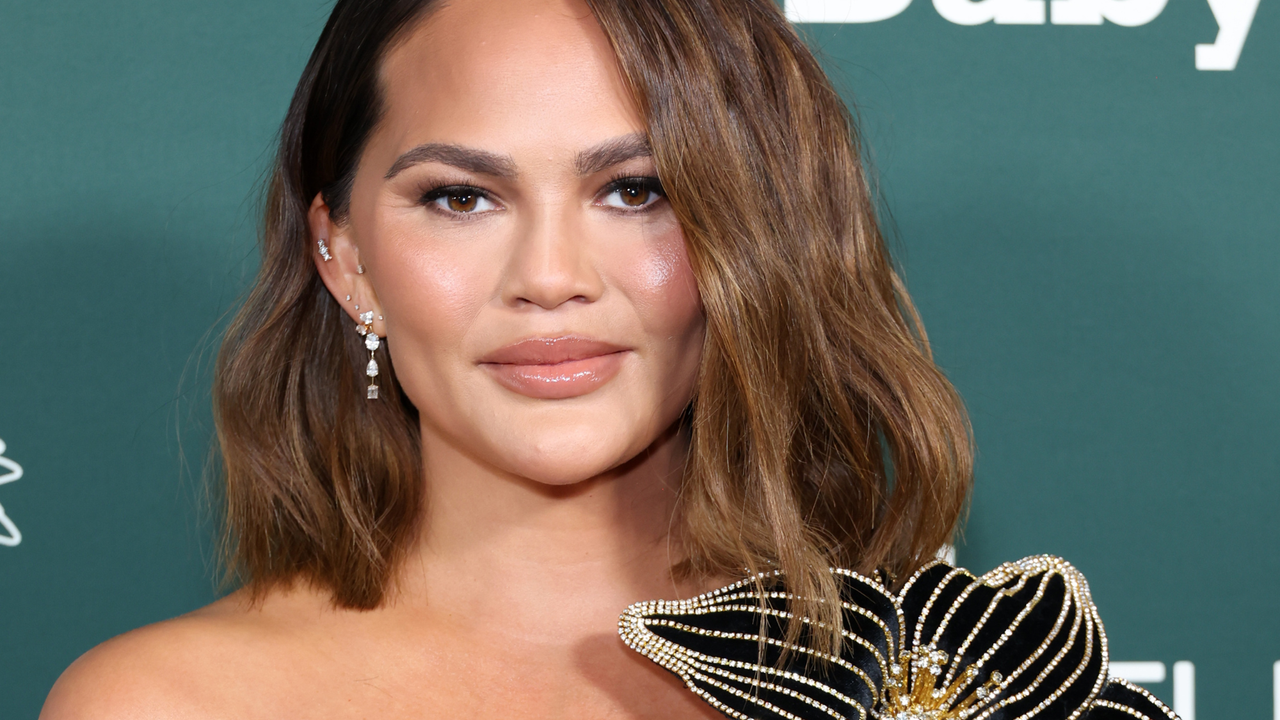
7. **Chrissy Teigen and Multiple Deals: The Digital Footprint Backlash**Chrissy Teigen had cultivated a highly successful brand built on authenticity, humor, and an engaging, unfiltered social media presence. Her relatable persona translated into numerous lucrative endorsement deals, including a popular line of cookware with major retailers. She seemed to embody the modern influencer ideal: accessible, charming, and a little bit edgy.
Chrissy Teigen had cultivated a highly successful brand built on authenticity, humor, and an engaging, unfiltered social media presence. Her relatable persona translated into numerous lucrative endorsement deals, including a popular line of cookware with major retailers. She seemed to embody the modern influencer ideal: accessible, charming, and a little bit edgy.
However, this carefully crafted image began to crumble when past instances of cyberbullying came to light. Accusations surfaced, most notably from reality TV personality Courtney Stodden, who alleged that Teigen had sent her deeply hurtful and even suicidal direct messages on Twitter in 2011, when Stodden was only 16 years old. Other instances of Teigen’s harsh online comments about various public figures also resurfaced.
The public reaction was one of shock and disappointment. The “relatable” and “kind” image Teigen had built was starkly contrasted by these revelations. Major retailers like Macy’s and Target reportedly began to quietly pull her Cravings by Chrissy Teigen cookware line from their shelves, and other existing or potential brand partnerships evaporated. For brands, aligning with someone accused of such behavior was a significant reputational risk.
Teigen issued multiple public apologies, acknowledging her past mistakes and expressing remorse for the pain she had caused. This highly publicized controversy underscored a critical lesson in the influencer economy: the internet has a long memory. A celebrity’s digital footprint, particularly their past online interactions, can be meticulously scrutinized, and any perceived hypocrisy or unkindness can lead to a swift and devastating collapse of public trust and, subsequently, their commercial ventures. Authenticity in the long run means genuine integrity, not just a curated online persona.
Alright, so we’ve already seen how much a single wrong move can shake up a celebrity’s endorsement empire. From hate speech costing billions to old tweets resurfacing like digital ghosts, the lessons are crystal clear: authenticity, alignment, and accountability are non-negotiable. But hold onto your hats, because we’re just getting started! The saga of celebrity endorsement fails is a long and winding one, filled with more cringe-worthy moments and eye-watering financial losses.
Get ready to dive back into the wild world of PR disasters as we continue our countdown of the most epic celebrity gaffes that sent multi-million dollar deals spiraling. From tone-deaf campaigns that sparked internet meltdowns to off-the-cuff remarks that wiped billions off market caps, these next seven stories are pure gold (or, well, pure gone-wrong, at least!). They highlight just how tricky it is to navigate fame, public opinion, and lucrative partnerships in an age where everything is scrutinized.
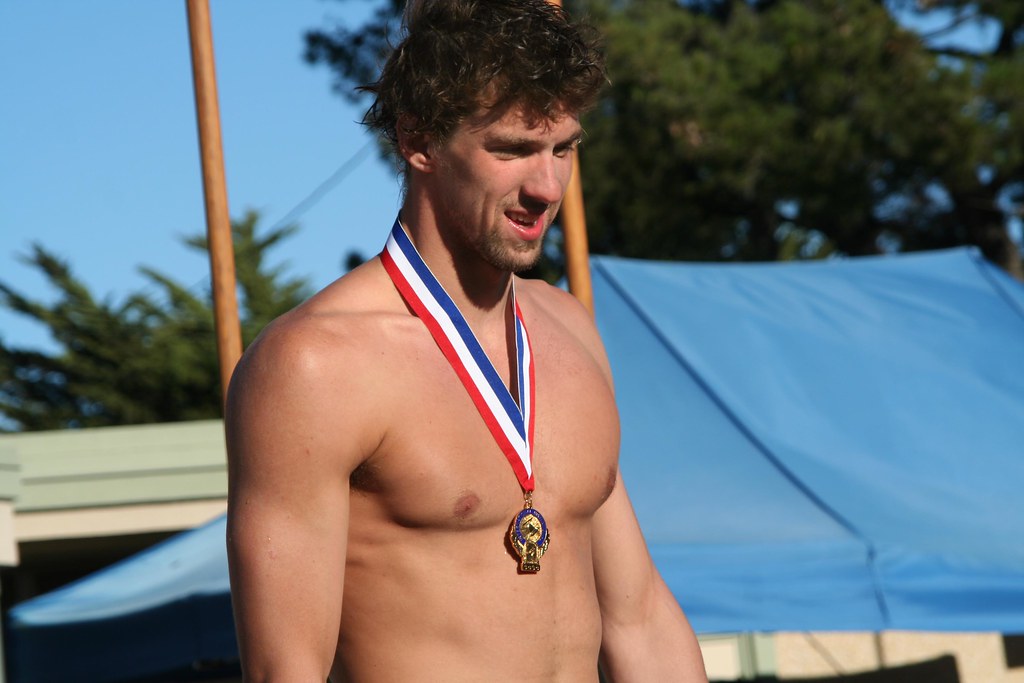
8. **Michael Phelps and Kellogg’s: A Photo That Tanked a Deal**Remember Michael Phelps, the Olympic swimming legend? He was literally swimming in gold medals, and for years, his clean-cut, family-friendly image made him the ultimate catch for brands. Kellogg’s, with its array of breakfast cereals gracing family tables, saw Phelps as the perfect face to inspire mornings and healthy lifestyles. Their partnership was a picture of wholesome success, connecting a champion athlete with everyday consumers.
Remember Michael Phelps, the Olympic swimming legend? He was literally swimming in gold medals, and for years, his clean-cut, family-friendly image made him the ultimate catch for brands. Kellogg’s, with its array of breakfast cereals gracing family tables, saw Phelps as the perfect face to inspire mornings and healthy lifestyles. Their partnership was a picture of wholesome success, connecting a champion athlete with everyday consumers.
Then came 2009, and the bubble burst with a single, highly publicized photograph. Pictures surfaced showing Phelps consuming illegal substances, specifically smoking marijuana from a bong. This wasn’t just a private slip-up; it became a global headline, instantly contradicting the squeaky-clean image Kellogg’s had so carefully cultivated and relied upon for its family-oriented products.
The fallout was swift and decisive. Kellogg’s immediately ended its endorsement deal with the swimming phenom. The brand issued a clear statement, explaining that the image was “not consistent with the image of Kellogg.” Phelps, to his credit, quickly issued a public apology for his “regrettable behavior” and “bad judgment,” acknowledging the harm caused by his actions.
This incident was a stark reminder that even gold-medal credibility can be tarnished by personal missteps. For athletes, who are often held to higher standards as role models, maintaining a pristine public persona is paramount. Any deviation, especially involving illegal substances, can swiftly lead to brands pulling the plug, demonstrating the profound fragility of even the most decorated endorsements.

9. **Kendall Jenner and Pepsi: The Tone-Deaf Ad That Became a Meme**Kendall Jenner, a titan in the world of fashion and reality TV, held immense influence, especially among younger demographics. So, when Pepsi tapped her for a campaign in 2017, the idea was to leverage her star power to connect with a generation passionate about social justice and unity. The stage was set for a viral hit, blending pop culture with a message of peace and understanding.
Kendall Jenner, a titan in the world of fashion and reality TV, held immense influence, especially among younger demographics. So, when Pepsi tapped her for a campaign in 2017, the idea was to leverage her star power to connect with a generation passionate about social justice and unity. The stage was set for a viral hit, blending pop culture with a message of peace and understanding.
But oh, how it went wrong! The infamous ad depicted Jenner joining a protest, then diffusing tension by handing a police officer a can of Pepsi. The intention, perhaps, was to show Pepsi bringing people together. Instead, it was widely slammed for trivializing serious social justice movements, particularly Black Lives Matter, and reducing complex issues to a sugary drink commercial. It was, in a word, a corporate face-plant of epic proportions.
The backlash was immediate, fierce, and relentless. Social media exploded with accusations of the campaign being “tone-deaf,” “corporate cosplay,” and deeply “offensive.” Critics pointed out the stark contrast between real-life protests, where participants often faced serious danger, and the ad’s overly simplistic and sanitized portrayal of conflict resolution. It became a masterclass in how *not* to read the room.
Pepsi, facing a PR nightmare, pulled the ad within 24 hours and issued a public apology, stating they had “missed the mark.” This incident became a viral case study, proving that when brands attempt to co-opt cultural sentiments without genuine understanding or sensitivity, star power can quickly transform into brand kryptonite. It underscored the critical need for brands to engage authentically, or risk alienating the very audience they hope to impress.

10. **Cristiano Ronaldo and Coca-Cola: The Billion-Dollar Sip of Water**Cristiano Ronaldo, a global football icon, is not just a player; he’s a phenomenon. His image is synonymous with peak physical performance, discipline, and a lifestyle that inspires millions. Naturally, brands clamor to associate with his unparalleled success and reach. Coca-Cola, a beverage giant, had its products prominently displayed at a UEFA Euro press conference in 2020, seemingly a routine, high-visibility placement.
Cristiano Ronaldo, a global football icon, is not just a player; he’s a phenomenon. His image is synonymous with peak physical performance, discipline, and a lifestyle that inspires millions. Naturally, brands clamor to associate with his unparalleled success and reach. Coca-Cola, a beverage giant, had its products prominently displayed at a UEFA Euro press conference in 2020, seemingly a routine, high-visibility placement.
However, Ronaldo, known for his rigorous health regimen, made a small gesture that sent shockwaves through the corporate world. During the press conference, he casually moved two Coca-Cola bottles out of view, replacing them with a bottle of water. He then held up the water bottle and simply declared, “Agua!”—Portuguese for water—a subtle yet unmistakably clear endorsement of healthy hydration over sugary drinks.
What seemed like a minor, off-the-cuff moment rapidly spiraled into a financial earthquake. Within 48 hours, Coca-Cola’s market value plummeted by an astounding $4 billion. This wasn’t an intentional act of malice on Ronaldo’s part, but his sheer influence amplified his personal preference into a global statement, directly impacting the beverage giant’s stock.
The incident underscored the immense power of celebrity influence, even in an unplanned moment. It served as a potent, albeit unintentional, reminder that genuine brand alignment matters deeply. When a mega-influencer’s personal habits clash with an endorsed product, the message can be devastatingly clear, and the financial repercussions can be staggering, proving that actions, even small ones, speak louder than words—or multi-million dollar campaigns.
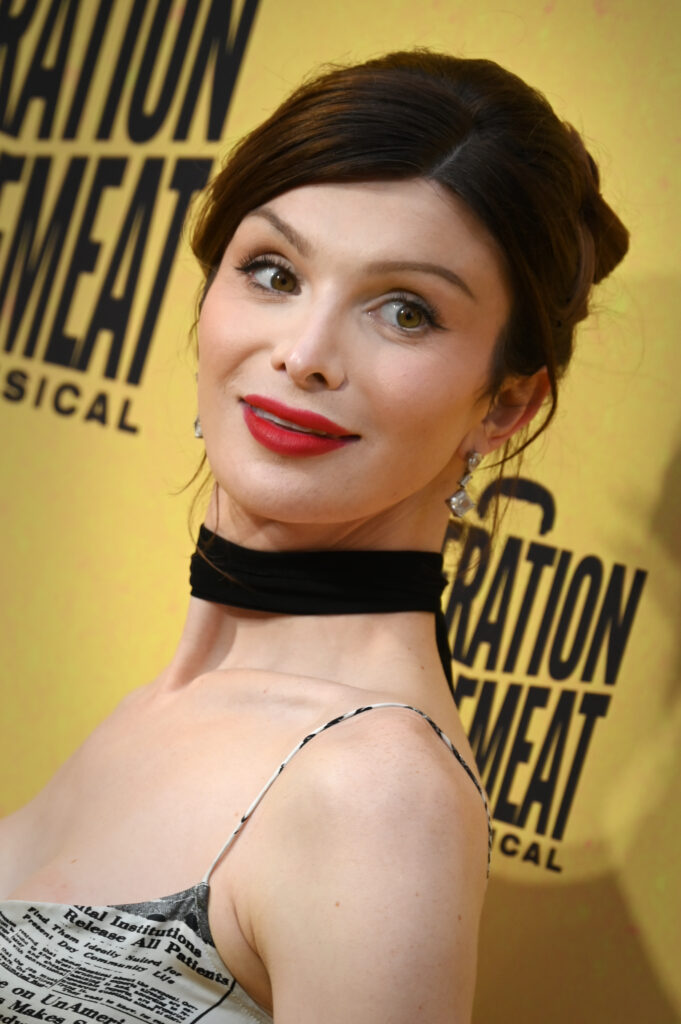
11. **Bud Light and Dylan Mulvaney: When Inclusivity Sparked Outrage**In April 2023, Bud Light, a beer brand with a traditionally mainstream image, embarked on a new campaign aimed at embracing inclusivity. As part of this initiative, the brand sent a limited-edition can featuring the likeness of Dylan Mulvaney, a prominent trans influencer, to celebrate her “365 Days of Girlhood” social media series. The collaboration was designed to connect with a broader, more diverse audience and signal the brand’s progressive values.
In April 2023, Bud Light, a beer brand with a traditionally mainstream image, embarked on a new campaign aimed at embracing inclusivity. As part of this initiative, the brand sent a limited-edition can featuring the likeness of Dylan Mulvaney, a prominent trans influencer, to celebrate her “365 Days of Girlhood” social media series. The collaboration was designed to connect with a broader, more diverse audience and signal the brand’s progressive values.
However, what Bud Light hoped would be a gesture of modern inclusivity quickly ignited a massive cultural firestorm. The campaign, particularly the personalized can featuring Mulvaney, sparked widespread conservative backlash across social media and traditional news outlets. Critics labeled the initiative “too political” and accused Bud Light of alienating its long-standing, traditional customer base.
The controversy mushroomed into a highly publicized boycott, with calls to ditch Bud Light gaining significant traction. For weeks, the brand became a central figure in a heated debate about corporate social responsibility, gender identity, and brand loyalty. It was a stark example of how quickly an attempt at progressive marketing can backfire when it clashes with deeply held consumer sentiments, particularly in polarized social climates.
The financial consequences for Bud Light were severe and immediate. The brand experienced a drastic decline in sales, losing 10.5% of its volume in a single quarter. This unprecedented backlash led to Bud Light being dethroned as America’s top-selling beer, a position it had held for decades. The incident exposed the immense perils of politicized endorsements and the challenges brands face when navigating complex social issues, highlighting that even well-intentioned campaigns can unravel into immense financial and reputational damage.
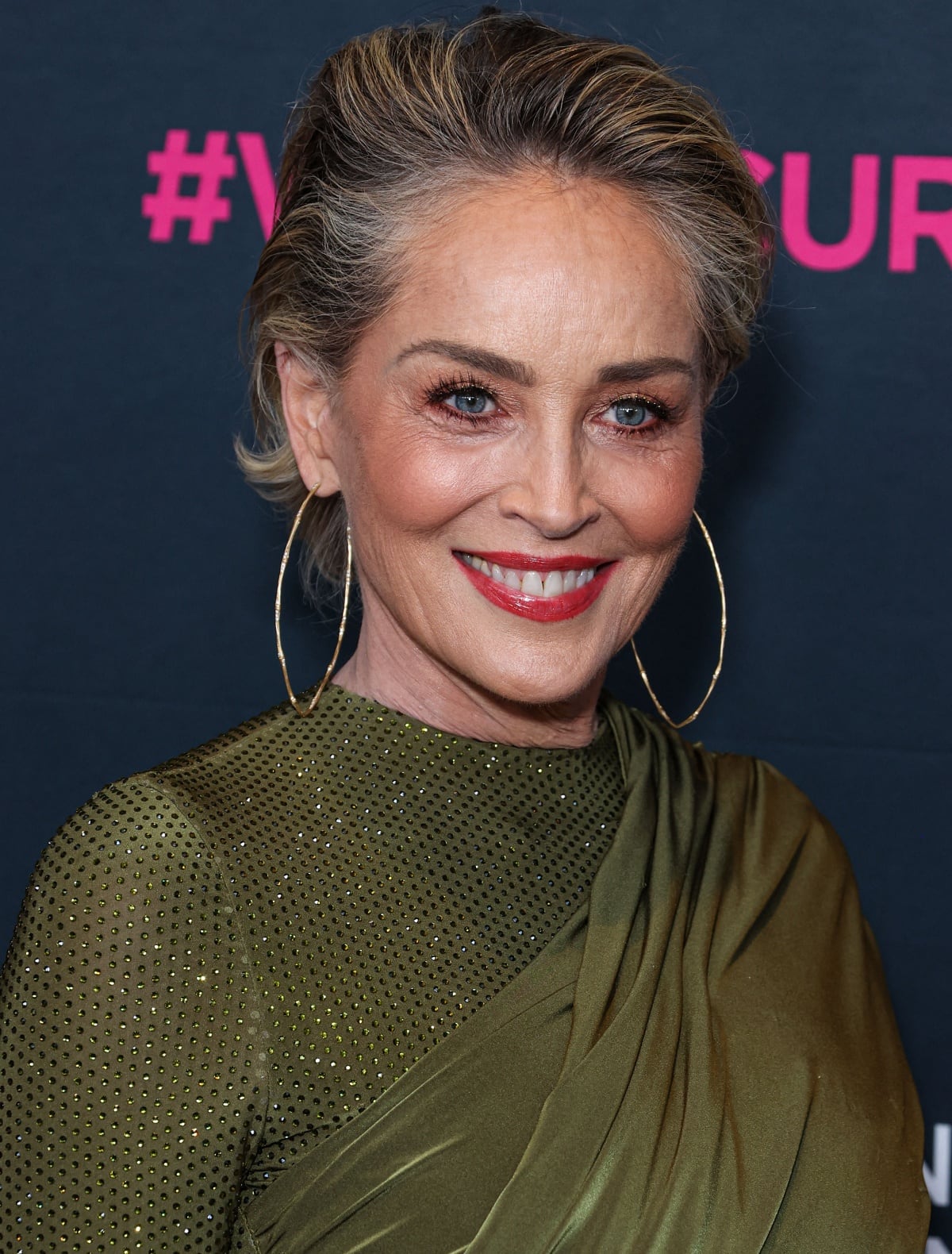
12. **Sharon Stone and Dior: A “Karma” Comment That Backfired Globally**Sharon Stone, an internationally recognized actress and a prominent figure in luxury fashion, had a high-profile association with Dior, a brand synonymous with elegance and global sophistication. Her endorsement leveraged her star power and refined image, connecting the luxury house with a discerning clientele worldwide. It was a partnership built on mutual prestige and global appeal, seemingly unshakeable.
Sharon Stone, an internationally recognized actress and a prominent figure in luxury fashion, had a high-profile association with Dior, a brand synonymous with elegance and global sophistication. Her endorsement leveraged her star power and refined image, connecting the luxury house with a discerning clientele worldwide. It was a partnership built on mutual prestige and global appeal, seemingly unshakeable.
However, in 2008, following the devastating Sichuan earthquake in China, Stone made a comment that ignited an international scandal. In an interview, she suggested the natural disaster might be “karma” for China’s treatment of Tibet. This off-script remark, intended perhaps as a political commentary, was met with immediate and furious condemnation, especially within China.
The backlash in China, one of Dior’s fastest-growing and most crucial luxury markets, was intense. Chinese consumers and media reacted with outrage, viewing Stone’s comments as insensitive and offensive in the wake of such a tragedy. Calls for boycotts against Dior quickly emerged, threatening the brand’s significant investments and carefully built reputation in the region.
Dior acted swiftly to mitigate the damage. The brand promptly dropped Stone from its campaigns and issued a public apology, clearly distancing itself from her comments. This incident served as a potent reminder to global brands of the significant geopolitical risks involved in choosing celebrity voices. It demonstrated how a celebrity’s personal opinion, especially when controversial and politically charged, can have swift and devastating financial and reputational repercussions in critical international markets.
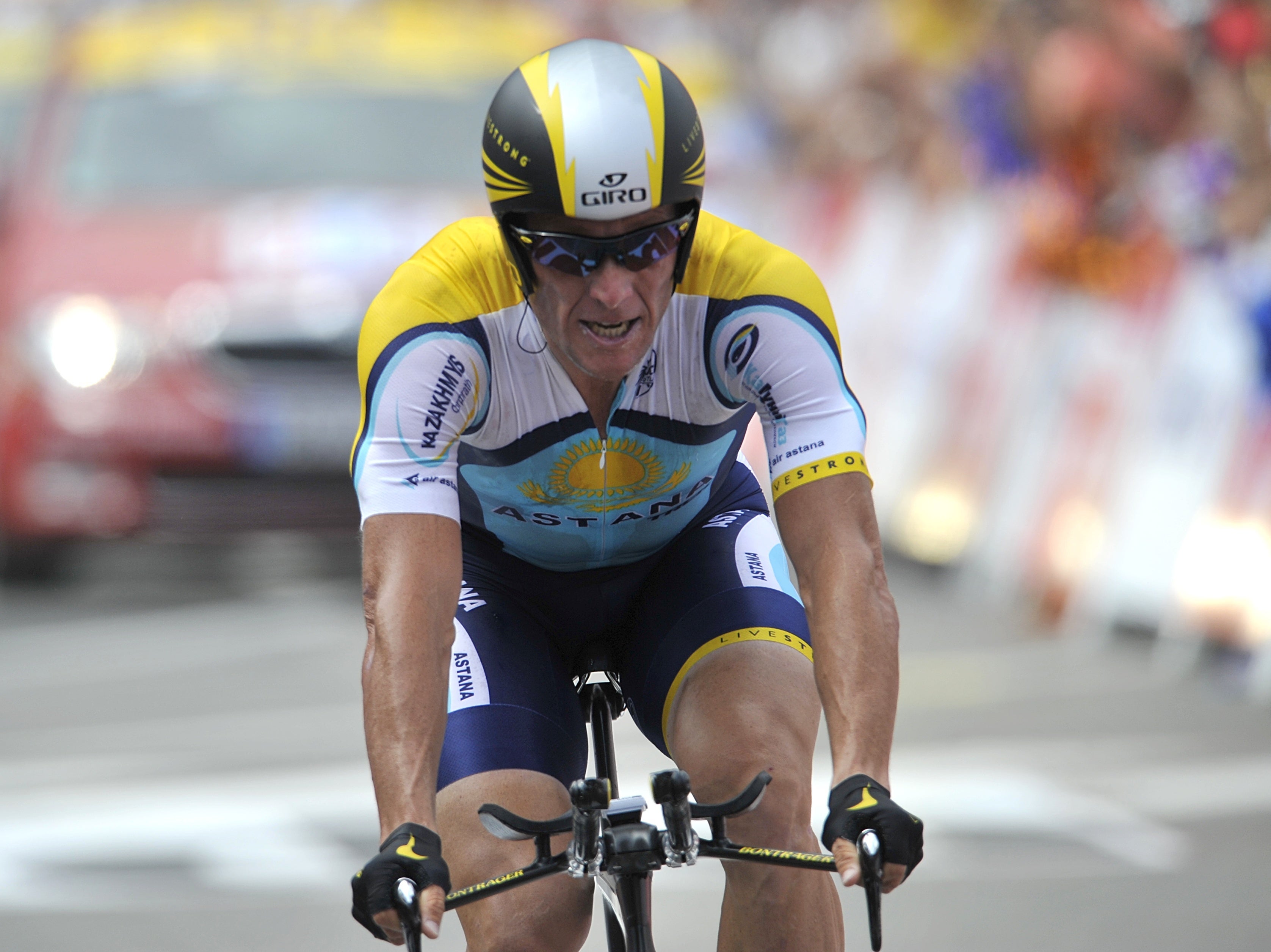
13. **Lance Armstrong and Nike: The Doping Scandal That Crushed a Legend**Lance Armstrong was more than just a cyclist; he was an icon of resilience and triumph over adversity. His inspiring story of battling cancer and then winning the Tour de France an unprecedented seven times made him a global hero, symbolizing strength, determination, and hope. Nike, known for its “Just Do It” ethos, had a long-standing and deeply intertwined partnership with Armstrong, building its Livestrong cancer awareness campaign around his powerful narrative.
Lance Armstrong was more than just a cyclist; he was an icon of resilience and triumph over adversity. His inspiring story of battling cancer and then winning the Tour de France an unprecedented seven times made him a global hero, symbolizing strength, determination, and hope. Nike, known for its “Just Do It” ethos, had a long-standing and deeply intertwined partnership with Armstrong, building its Livestrong cancer awareness campaign around his powerful narrative.
The partnership seemed unshakeable, a testament to both athletic excellence and humanitarian spirit. However, the whispers and then shouts of doping allegations began to chip away at Armstrong’s carefully constructed image. Over time, “seemingly insurmountable evidence” mounted, culminating in detailed reports confirming his systematic use of performance-enhancing drugs throughout his career. It was a betrayal of trust on an epic scale.
The revelations shattered Armstrong’s legacy, exposing a monumental deception. Nike, despite its long history with him, found itself in an untenable position. In 2012, the sportswear giant made the difficult but necessary decision to terminate its endorsement deal. In a poignant statement, Nike expressed “great sadness,” citing that Armstrong had “misled Nike for more than a decade” and reaffirming their stance against illegal performance-enhancing drugs.
The fall of Lance Armstrong was one of the biggest celebrity endorsement meltdowns in history. While Nike continued to support the Livestrong initiatives, the termination of the personal endorsement deal underscored a critical lesson: integrity, especially in sports, is paramount. The scandal illustrated how a complete collapse of credibility can obliterate even the most powerful and long-standing brand partnerships, leaving behind a wake of shattered trust and immense financial losses.
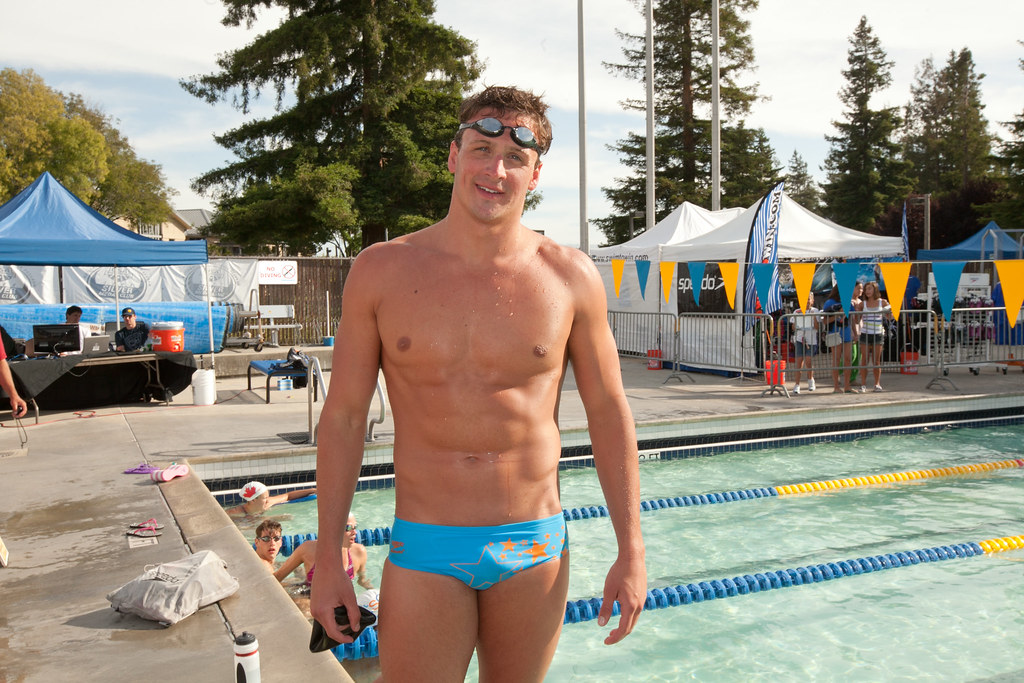
14. **Ryan Lochte and Multiple Brands: The Exaggerated Robbery That Cost Millions**Olympic swimmer Ryan Lochte was a charismatic figure, an American swimming sensation with multiple gold medals. His confident, albeit sometimes controversial, personality made him a recognizable face for brands. During the Rio Olympics in 2016, his athletic prowess was expected to translate into lucrative endorsement opportunities, building on his image as a top-tier competitor.
Olympic swimmer Ryan Lochte was a charismatic figure, an American swimming sensation with multiple gold medals. His confident, albeit sometimes controversial, personality made him a recognizable face for brands. During the Rio Olympics in 2016, his athletic prowess was expected to translate into lucrative endorsement opportunities, building on his image as a top-tier competitor.
However, his Olympic narrative took a dramatic, and ultimately disastrous, turn. Lochte falsely claimed he and three of his teammates were robbed at gunpoint in Rio de Janeiro. This dramatic story quickly made international headlines, casting a shadow over the host city. The truth, however, soon emerged: Lochte and his teammates had vandalized a gas station bathroom and had paid security guards to avoid further trouble, not been robbed.
The revelation that Lochte had fabricated the story led to a swift and severe public and professional downfall. His image of an Olympic hero crumbled, replaced by accusations of dishonesty and irresponsible behavior. Major sponsors, including Ralph Lauren, Speedo, Airweave, and Gentle Hair Removal, wasted no time in severing their ties with the swimmer. Each brand cited the severe disconnect between Lochte’s actions and the values of integrity and honesty they upheld.
For Lochte, the fallout was immense, costing him millions in lost endorsement deals and severely damaging his reputation. Speedo even redirected $50,000 of his endorsement fee to a Brazilian children’s charity, powerfully signaling their dissociation from his actions. This incident served as a stark, splashy reminder that personal conduct and honesty are paramount for public figures, especially athletes, and that dishonesty in the public eye carries severe, career-altering financial repercussions.
Wow, what a ride! From accusations of hate speech to tone-deaf campaigns and little sips of water that moved billions, these stories are more than just juicy celebrity gossip. They’re like a masterclass in what *not* to do when your face, voice, or even an offhand tweet represents a brand. Each of these dramatic examples screams one clear message: in the lightning-fast world of social media and brand partnerships, authenticity, accountability, and careful alignment are absolutely crucial.
Today’s consumers aren’t just buying products; they’re buying into narratives and values. They’re savvy, quick to call out hypocrisy, and even quicker to share their opinions online. For brands, it means going beyond just picking a famous face; it’s about finding a genuine partner whose ethos truly mirrors their own. And for celebrities? It’s a wake-up call that every action, every word, every *like*, carries immense weight. The fame game isn’t just about sparkling, it’s about being incredibly vigilant, because in this digital age, one wrong step can truly cost millions.

